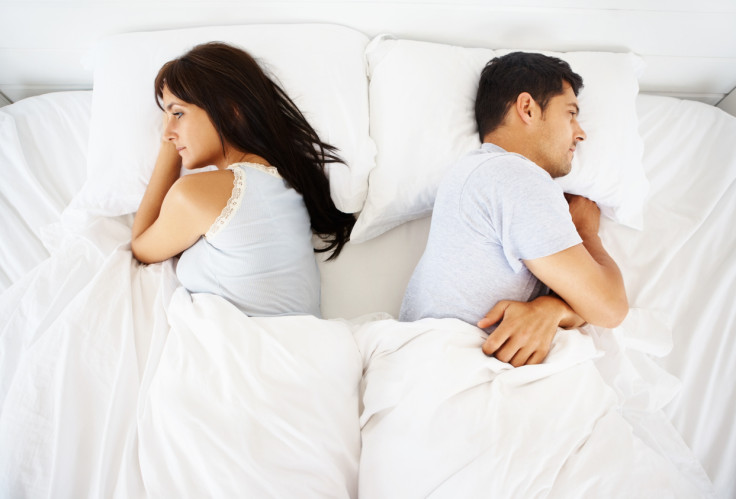What is pink noise - and can it cure your insomnia?
Studies have shown pink noise may also improve your memory.

So many of us spend sleepless nights staring at the ceiling, working out how many hours we have left to try get to sleep before the alarm goes off. As many as half of us are only getting six hours of sleep a night or less - far fewer than our ideal eight hours.
For some, the sound of rain - via apps like Spotify - are the answer to a good night's sleep. Others swear by white noise, which provides a constant, ambient sound which is relaxing and helps people drift off.
But there is another type of sound which may not only help you sleep better, but also improve your memory: pink noise.
What is pink noise?
White noise and pink noise are both audible to humans. But pink noise is a mix of high and low frequencies that sounds more natural than white noise.
According to LiveScience, the two sounds differ in the way their signal power is distributed.
"White noise had equal power per hertz throughout all frequencies, while the power per hertz in pink noise decreases as the frequency increases," they reported. "As a result, the lower frequencies in pink noise are louder and have more power than the higher frequencies."
Why does it help you sleep?
Pink noise occurs in natural biological systems, including your heartbeat rhythms, so it's considered more "natural" than white noise in creating a relaxing atmosphere. It is also used in office environments, as it masks low-frequency background sound and helps increase concentration among workers.
If pink noise is in the background when you're sleeping, it can reduce the difference between background noise and a loud sound like a shutting door - giving you a better chance of sleeping through it without waking up.
Scientists have begun to understand more about the relationship between the human brain and pink noise. Earlier this year, a small study published in Frontiers in Human Neuroscience found pink noise may not only help people sleep more deeply, but it could help improve sleep-related memory problems in older adults.
Deep sleep is essential for a good memory. But after people hit middle age, deep sleep decreases substantially, which scientists believe contributes to memory loss in aging.
Researchers from Northwestern University tested pink noise in a study involving 13 adults over the age of 60. In a sleep lab, the subjects were delivered short bursts of pink noise and made to take a memory test the following day, over a period of two days.
The average improvement in memory was three times larger after pink-noise stimulation. Dr Zee told ABC7 news pink noise is a "softer" sound. "It kind of mimics a sound of a waterfall. So, it's like a 'shh' type of a sound," she said.
"This is an innovative, simple and safe non-medication approach that may help improve brain health. This is a potential tool for enhancing memory in older populations and attenuating normal age-related memory decline."
© Copyright IBTimes 2025. All rights reserved.






















